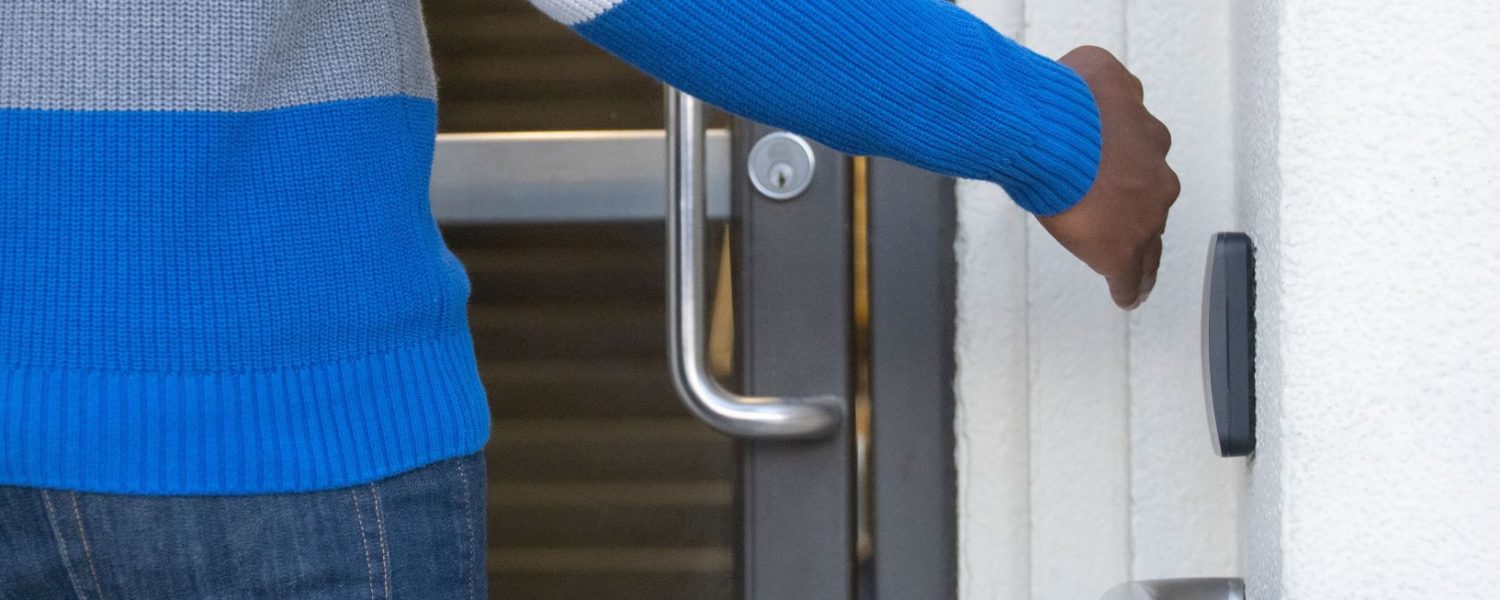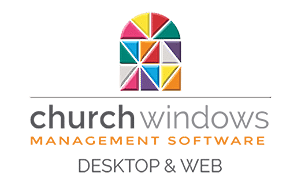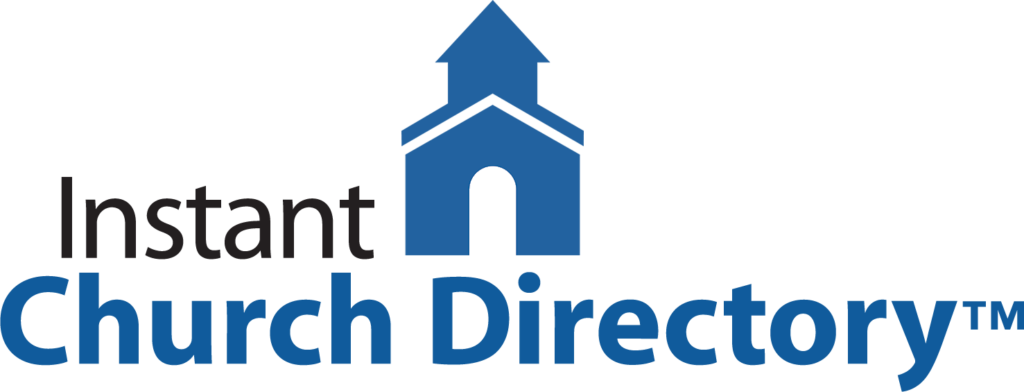By James Segil
When we look back on 2020, we will remember it as a year characterized by two things: public health, and social & political unrest.
The coronavirus pandemic not only forced us to retreat to our homes and close down our places of work and worship, but it also put public spaces and community gatherings under unprecedented scrutiny.
Among the many health and safety measures, reducing common touchpoints, such as doors and elevators, and enforcing social distancing became paramount in our efforts to resume daily life and faith-based activities.
And just as we began to grapple with the reality of the new normal—the challenge of closing
businesses, as well as shifting operations, events and meetings online—the news of the death of George Floyd and ongoing political division incited peaceful protests and, in some cases, escalated to violence and civil unrest.
Businesses across the country, some of which were already closed due to the pandemic, boarded up their storefronts and worried about their ability to monitor and enforce security remotely.
Security has always been a top concern for places of worship, but it was typically when members and visitors were gathering that security was most important.
In the past year, religious organizations had to worry about how to protect their members and keep their organizations secure regardless of any on-site activities.
This means managing security remotely, which requires a whole new set of technologies and processes that administrators and clergy had to adapt to in real time.
Because security requirements can vary based on the size, location, and community of a congregation (e.g., a small-town church away from weather-related threats will have different security concerns than a downtown high rise), a one-size-fits all security system is not always the best option.
It’s important for churches, synagogues and other organizations to be aware of the specific threats most relevant to them, as this can help guide the process of selecting the best security system to address unique concerns.
No matter the size and scope of your organization, using software that you can access remotely via the cloud has suddenly become a basic requirement.
Leveraging mobile apps that can unlock doors instead of carrying keys or badges reduces the need to change the locks or codes on the doors and shift schedules to let congregants and clergy in at unusual times.
Adding touchless technology for entering doors, which reduces common touch points and germ spread, has also become increasingly popular.
These new capabilities give site administrators the ability to flexibly adjust access for staff, congregants and visitors and allow security monitoring from a remote location.
Systems with touchless entry and mobile capabilities offer an easy way to reduce-germ spread and can help houses of worship resume services and other activities safely.
In tandem, cloud-based systems that offer remote management capabilities have emerged as an important solution for organizations in the wake of COVID-19, as many look for ways to maintain security operations while working remotely.
Another important consideration for organizations is knowing that they have the tools necessary to act quickly and efficiently in the event that there is an urgent security threat.
For religious institutions, choosing an access control system that offers campus-wide or site-specific lockdown capabilities is important in order to protect their congregation and prevent bad actors from accessing their space.
In the unfortunate event that there is an intruder inside the space, dynamic, cloud-based systems can also allow you to secure specific doors in order to isolate the intruder from other people in the building.
This offers greater functionality to respond to unique scenarios in the most efficient way possible.
Systems that offer video integration can also be instrumental for those overseeing the security in the midst of an active threat and gives them more visibility into what steps are necessary to address the situation.
James Segil is president and co-founder of Openpath, a leader in mobile access control solutions. Openpath allows anyone to use their mobile phone to open an authorized door with the wave of a hand, without needing the phone or app open, www.openpath.com.












